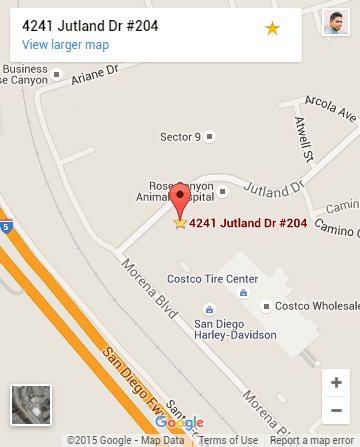Steve Parrish, February 5, 2014
Plying the azure waters of the Aransas Pass near Corpus Christi, I gaze at the guide paddling the kayak in front of me. Sporting a salt-encrusted hat that is a hybrid between Crocodile Dundee and Toby Keith, he cuts an impressive figure. With broad shoulders and strong arms, he slides his paddle both gracefully and effortlessly through ocean waves. Nationally-known and respected, he is the go-to paddling guide in South Texas.
Did I mention Ken Johnson is 81 years old?
I know when I’m on vacation, I’m not supposed to think about business. Yet, I couldn’t stop myself from noticing that my kayak guide’s business model is a study in reputation marketing. After spending a couple of days with him, I was able to piece together a story of a pro whose successful marketing is the natural consequence of his passion.
A little background on Ken: In his pre-guide life, Ken Johnson had been a marketing director for such name brand companies as Campbell’s Soups and Pillsbury. At age 59, he retired from a self-described workaholic career in the north to pursue kayaking full-time in the south. When he moved, he had no intention of creating or running a business — he just wanted to paddle. And yet, here he is at age 81: a well-known kayak guide and equipment dealer.
These are just a few of the marketing strategies that led him to this point in his accidental, but successful, business.
- Local activities: Ken has a missionary zeal for engaging and helping youth. When he moved to Corpus Christi, he was quick to volunteer his time and equipment to youth causes — not as a marketing ploy, but as a person seeking to help. The natural by-product of his voluntarism is that he developed a solid local reputation. This led to many requests for him to lead kayaking trips. He eventually started both guiding and helping people purchase kayaks. At some point, he realized he not only had a passion, but a business. While I was with him, both in the water and on the road, locals hailed Ken and had kind words for him.
- Web presence: I chose the location for my vacation first, and then searched the internet to find a guide and equipment for paddling. Ken’s name came up early and often. The most tech-savvy octogenarian I know, Ken has a website that is neither glitzy nor glamorous. But it’s clear, specific and directional. You know what trips he offers, and you know he’s passionate about them. He stays up-to-date with technology and has a natural instinct for how to use gadgets to both communicate and make the paddling experience more fulfilling. Each evening during my stay Ken emailed a gallery of pictures from our day’s trip.
- Books and articles: After an initial phone conversation with Ken about the possibility of engaging him for this trip, I said, “Hey, I know you. Didn’t you write a chapter about a kayaking misadventure in the book, More Deep Trouble?” Indeed he had, and he has additionally written magazine articles about paddling in the area. Because he was published, I was able to read about his trips and ideas in other media than just his own website. Having a presence in the paddling community through articles and books moved him from local guide status to industry icon.
- Word of Mouth: After sending emails to my fellow “up north” paddling friends, I received two interesting replies. One friend told me she had paddled with Ken years ago while on a photography trip in the area. Another told me how he had been recommended to Ken by a well-respected northern paddler. Like so many passions, the kayak community is tight knit and reputation-driven. Particularly because of the internet, reputation knows no borders.
- Mentorship: Ken has been highly supportive of enthusiastic new paddlers. The days I was paddling with him, our party included Ken’s young apprentice, who is learning everything he can from the master. In many ways, Ken’s willingness to train and mentor paddlers means he is creating his own market. He trains enthusiasts and evangelists who, in turn, excite and engage others about the joys of kayaking.
- Focus: People whose businesses are personality-driven sometimes overextend. They either stretch themselves too thin or delegate where they shouldn’t. The creation of Ken’s business was, in many ways, accidental and never driven by profit. Because of this, he has kept his focus on his pleasure, not his business. He aims to please, not grow.
An old adage states that reputation is hard to gain and easy to lose. My short exposure to Ken tells me that reputation is not-so-difficult to gain if it’s a natural extension of your passion. Creating a market, leveraging technology and getting the word out can all happen if you love what you do.



